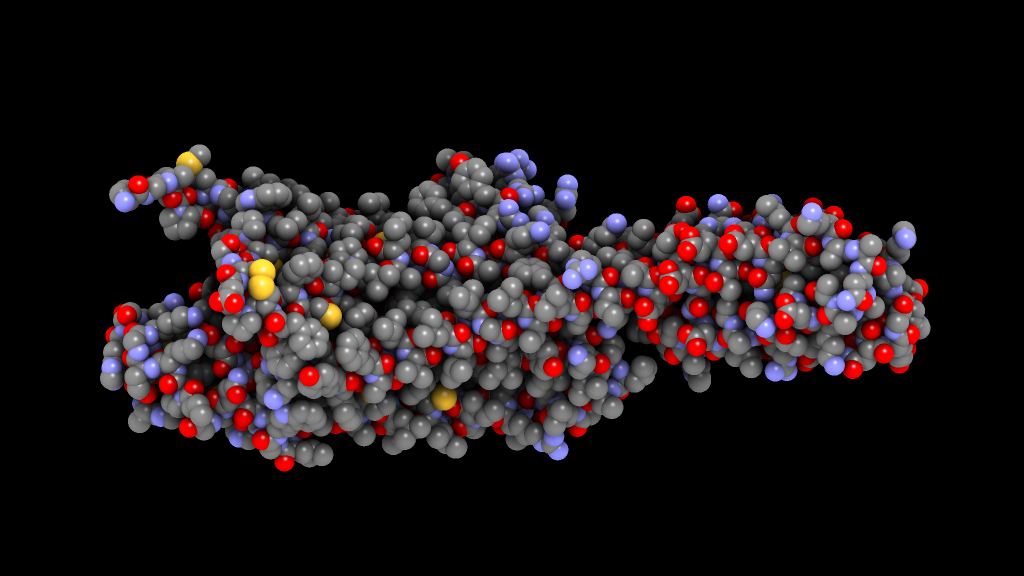
Depression is a common mental disorder, which can be chronic or recurrent, markedly tarnishing a person’s ability to function in their normal life. People with a depression can feel empty, sad, helpless, restless, hopeless anxious, worthless, guilty, irritable, ashamed or suicidal. They may lose interest in routine work, physical activities. They show apatite disorder, problems concentrating, remembering details or making decisions. It is also increasingly recognized healthy people may exhibit sub-clinical levels of depressive symptoms. Because of their impact on the society and widespread prevalence, depressive symptoms are a significant public health concern. Nearly 20% of the population, at some point in their lifetime show depression-like symptoms. Currently, there are 350 million worldwide people and 16 million people in US affected by depression, and the scope of the population affected by depression is gradually expanding. The estimated market for antidepressant is $5 billion and will grow to $7 billion by year 2020. Despite recent advances in pathophysiological hypotheses such as alterations in neuroplasticity, neurogenesis, and neuroimmunological regulation, the current treatments lack rapid clinical efficacy limiting the ability, for example, to bring instant relief needed with suicidal patients. There is a need for an efficient treatment for depression.
The adenosine signaling pathway activated by sleep deprivation has shown rapid benefits in preclinical and clinical studies. Sleep deprivation also upregulates adenosine A1 receptors (A1R) in mice and human. Dr. Jacobson and his group have identified a potent A1R agonist with excellent drug-like properties. It has small molecule and has excellent drug-like properties. It is metabolically stable, orally bioavailable and excellent safety profile in mice.
